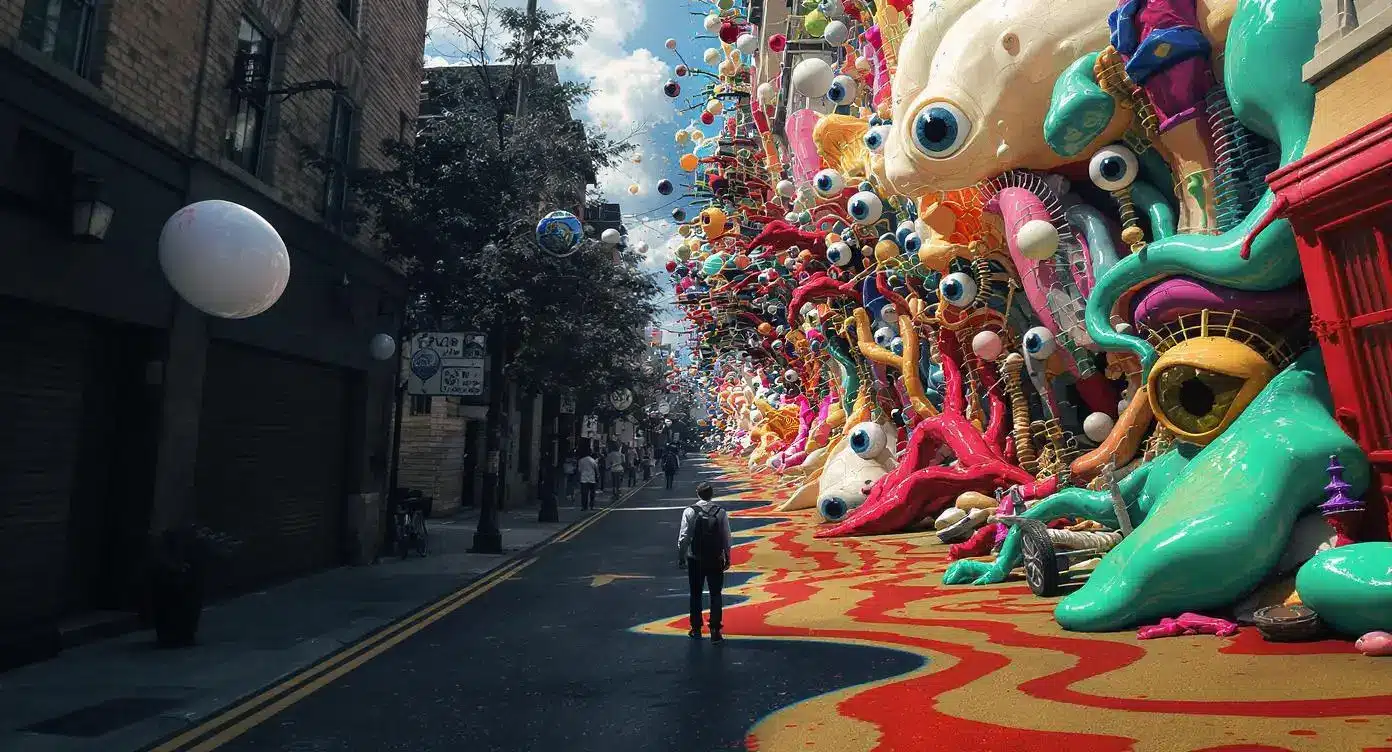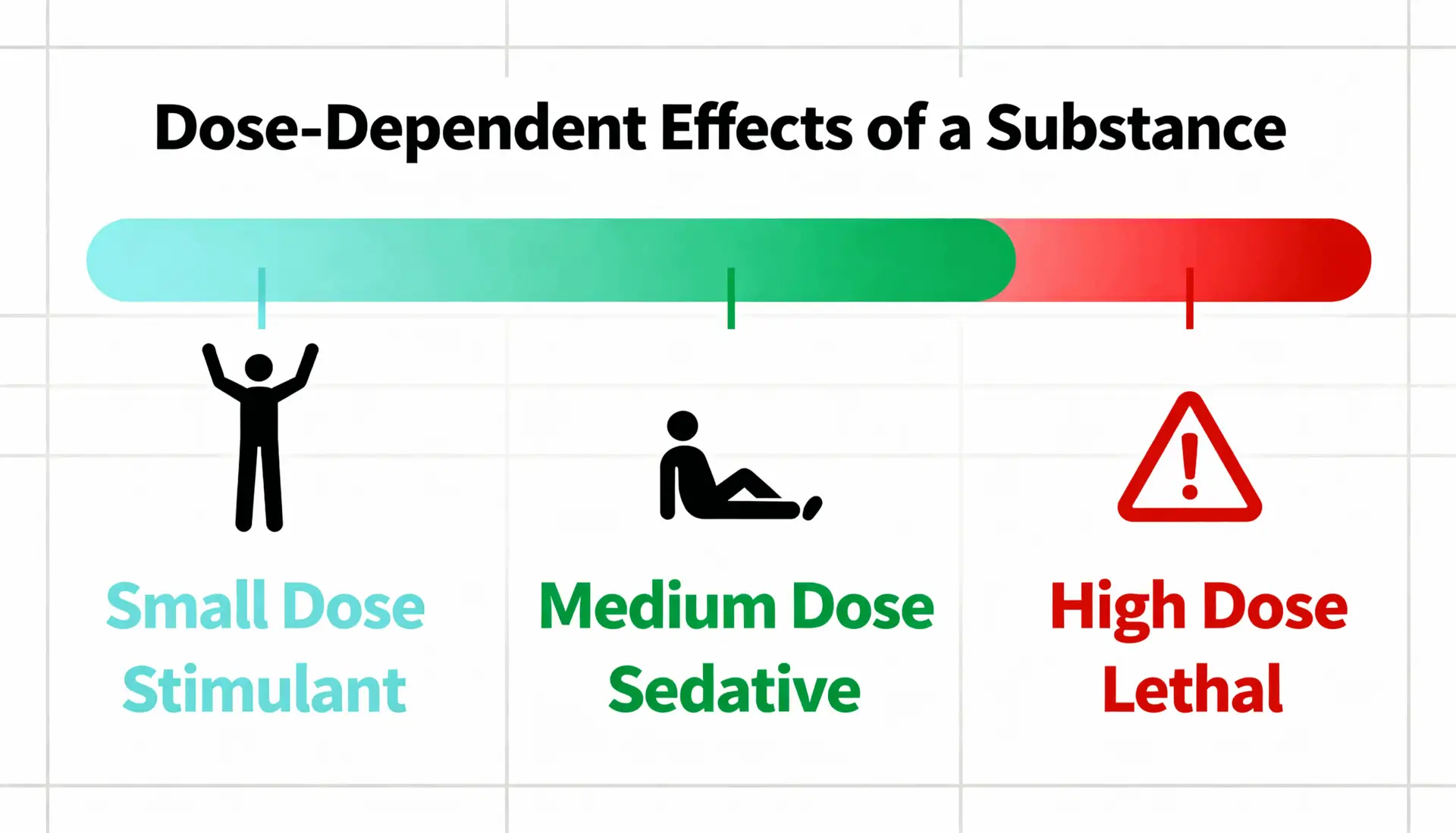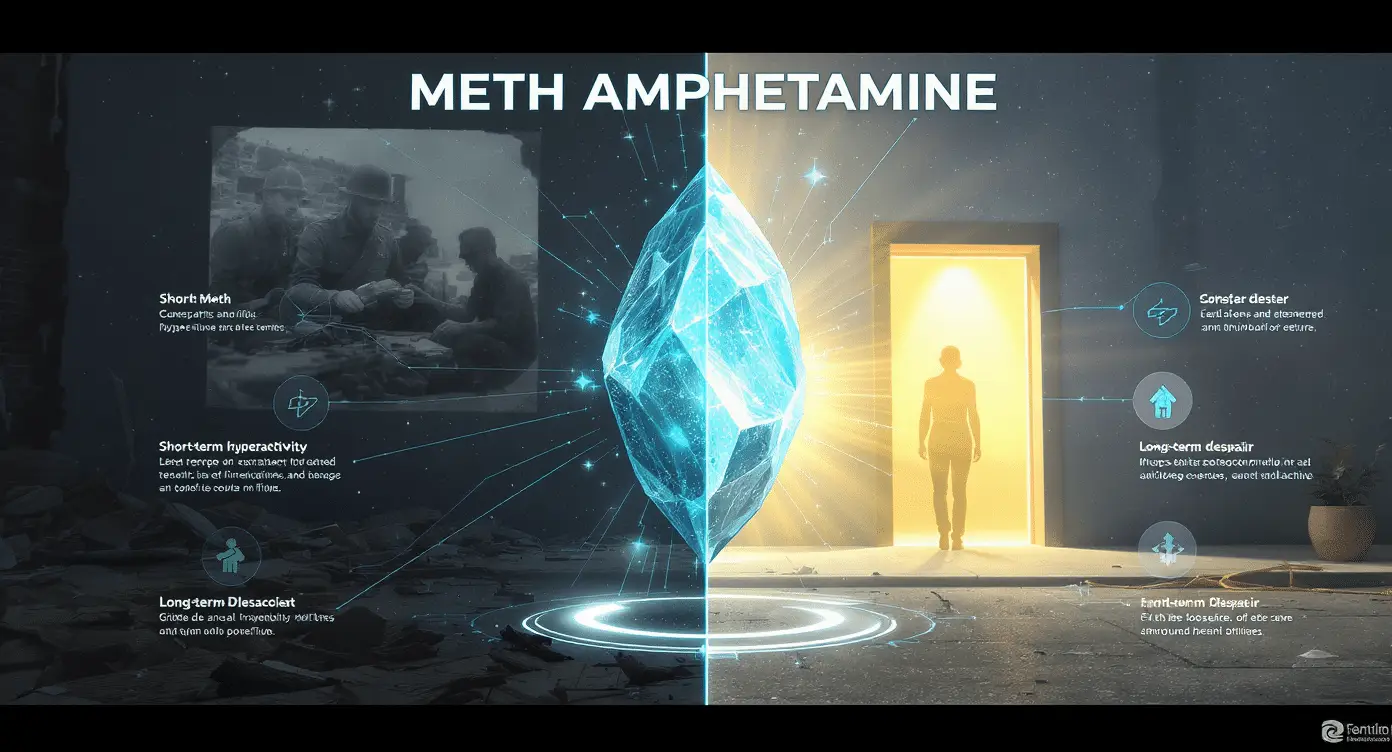What LSD really is
LSD is a hallucinogenic substance usually found on blotters, sugar cubes, or in liquid form. Its effects can last up to 12 hours. But the real question is: what happens when someone takes it?
The answer depends on far more than just the dose.
Why no two experiences are the same
One user may feel creative, another overwhelmed. Even the same person may react differently each time.
Everything influences the trip:
- Mood
- Environment
- Expectations
- Drug purity
This makes the experience unpredictable—especially when purchased from the street.
What is sold as LSD isn’t always LSD
Some paper tabs contain NBOMe or other risky substitutes. These can cause seizures, confusion, or aggressive behavior.
According to the EMCDDA, lab results in Europe show that many supposed LSD blotters contain inconsistent or incorrect substances.
Not every hallucination is pleasant
LSD can bring intense visuals—but also disturbing delusions, panic, or loss of control. Some users report:
- Fear of dying
- Disconnection from reality
- Long-lasting emotional changes
Once the trip starts, it can’t be stopped until it fades.
The illusion of safety in how it looks
Bright designs, colorful prints, smiley faces—these make blotters seem fun. But what LSD looks like has nothing to do with how it will affect the mind.
The same design may contain vastly different doses or drugs.
A single tab can leave a deep impact
Some users describe lasting confusion, mood swings, or anxiety—even from one use. There’s no way to predict who will react badly, or when.
That’s what makes LSD one of the most unpredictable substances available today.
A clear way out of the fog
Narconon offers a full drug-free program to help people regain control, without replacing one substance with another. Our goal: clarity, responsibility, and a new start—without drugs.
➡️ Learn more:
LSD Education – Narconon
What You Should Know About LSD – FAQ
What is LSD made from?
Originally derived from a fungus, but now synthesized in labs—often without consistency or control.
Can LSD reactions be predicted?
No. Even the same user may react differently depending on context and dosage.
Can one use of LSD cause lasting harm?
Yes. Some users report mental confusion or distress long after a single trip.
Is LSD addictive?
Not physically, but mentally yes—some people chase the altered state repeatedly.
How can someone stop using LSD?
Through a structured recovery process like Narconon’s, focused on stability, clarity, and natural recovery.



